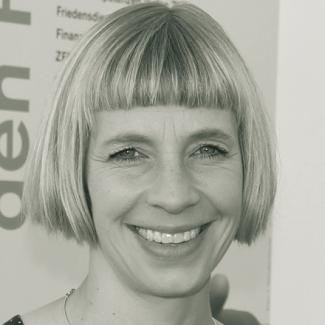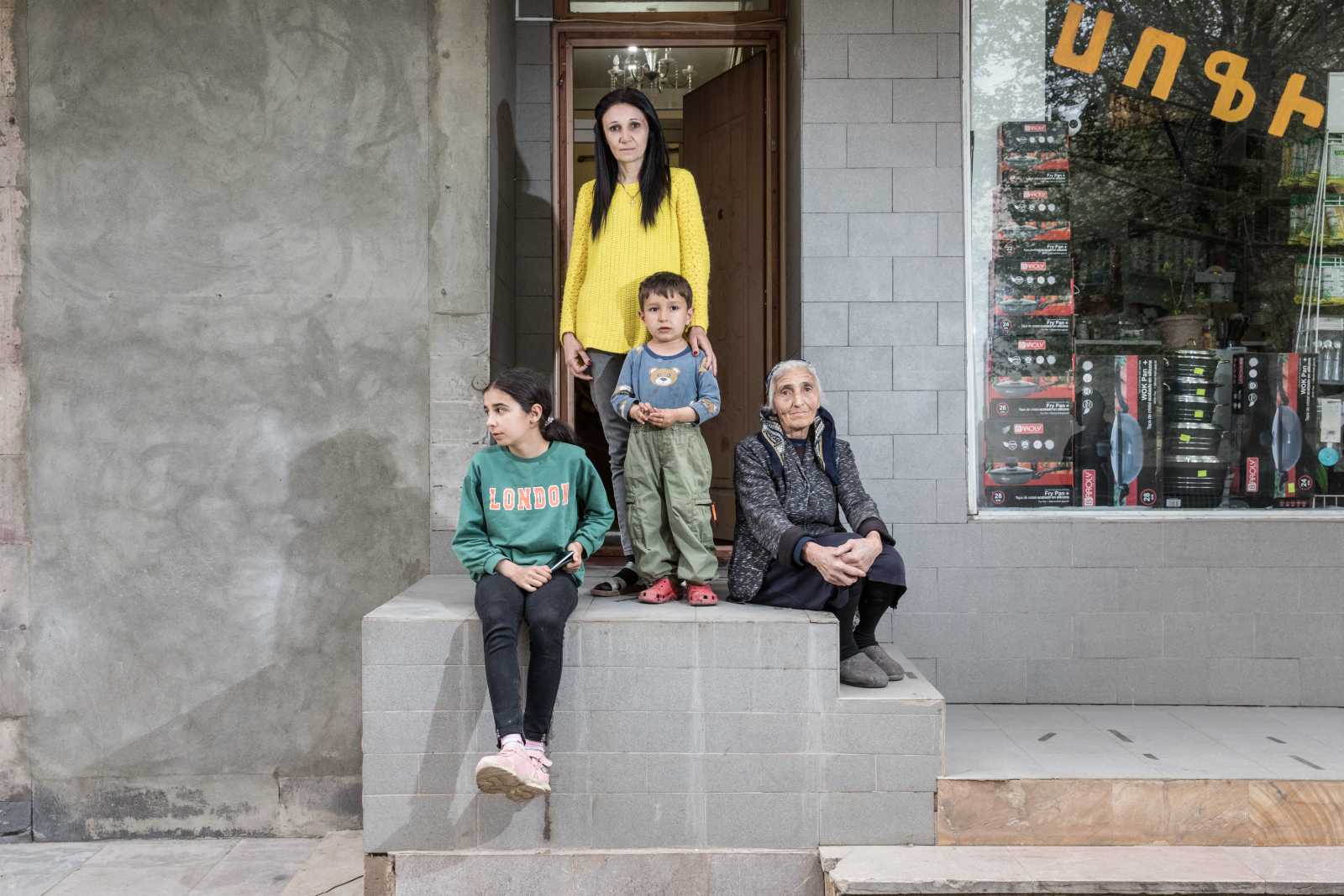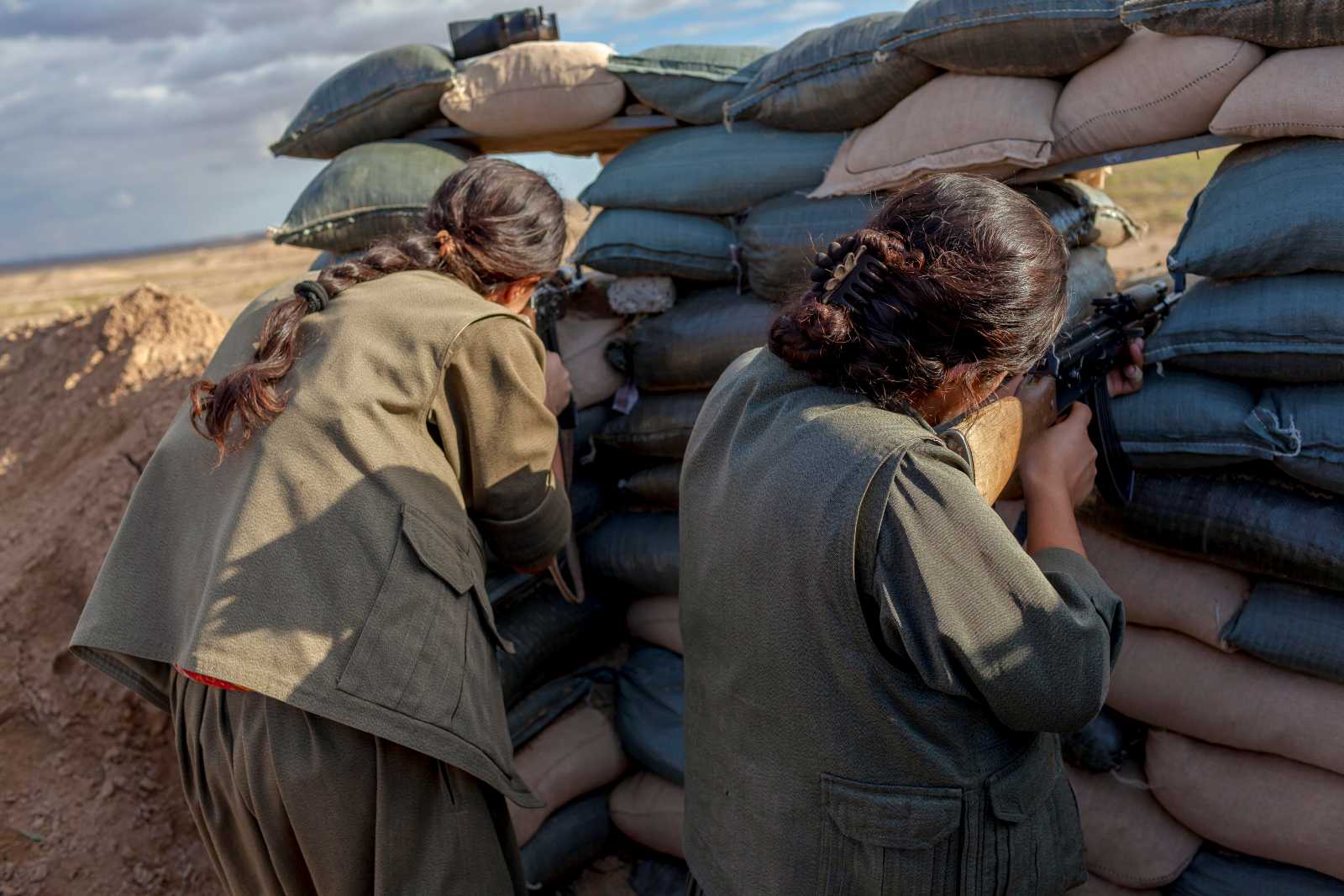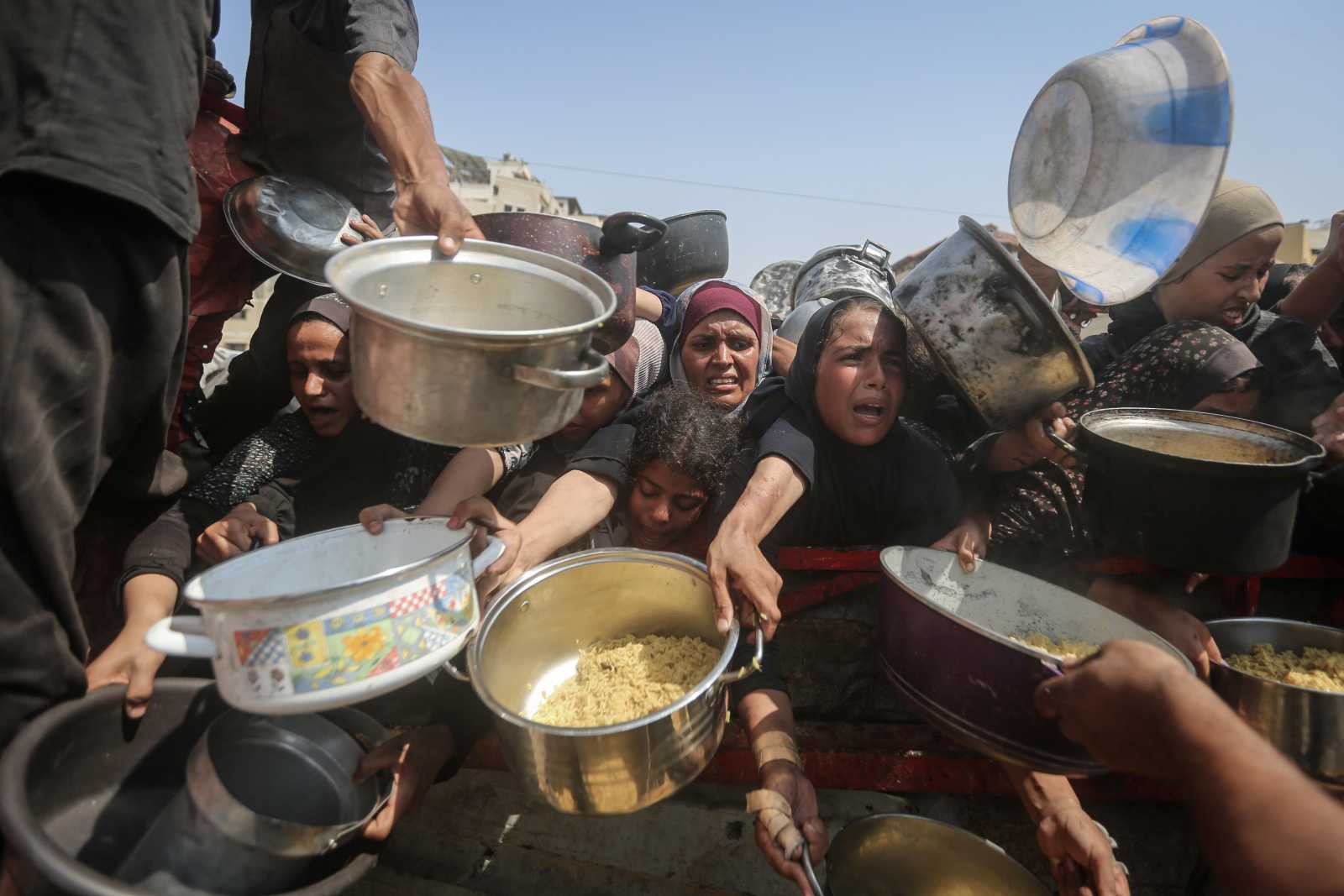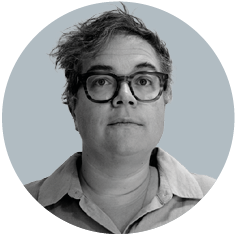Bosnia and Herzegovina
Silence is not golden
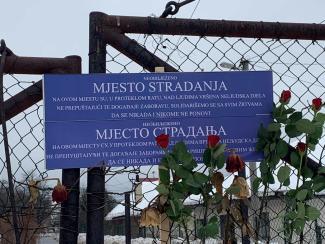
For the first time since his release almost 30 years ago, Marijan Krajina enters an abandoned warehouse in Kaćuni, a small village in the municipality of Busovača in central Bosnia and Herzegovina. He was imprisoned in the dilapidated building for 76 days during the civil war at the beginning of the 1990s. Marijan Krajina experienced unimaginable suffering here. He and his son, both Croatian civilians, were arrested for no reason by Bosniak soldiers. They were brutally mistreated in the old grain warehouse in Kaćuni. Krajina is visibly upset as he talks about his experiences. “The worst thing was that I had to listen to my son’s screams from the next cell,” the former primary school teacher recalls. He says that he just wanted to die. Appalling stories can be heard at this inhospitable place. Marijan Krajina had never wanted to return.
“But I did,” he says after leaving his former prison. An enormous weight seems to fall from his shoulders. “I want everyone to know what happened here. I want something this terrible to never happen again.”
About 50 people have come to Kaćuni with Krajina. They are veterans and survivors from all parties to the former conflict, accompanied by peace activists and local and international journalists. The visit to the former warehouse in Kaćuni is part of a peace campaign by the Centre for Nonviolent Action (CNA). CNA has worked closely with the Centre for Training and Networking in Nonviolent Action – KURVE Wustrow for over 20 years in Bosnia and Herzegovina and Serbia within the framework of the Civil Peace Service (CPS).
Kaćuni is one of five stations, along with Tarčin, Žepče, Derventa and Doboj, that the survivors are visiting on this weekend in March 2023. The participants place roses, hear harrowing stories, mourn and give each other courage. Then they affix a blue sign with the inscription: “Unmarked site of suffering – at this site, during the past war, people were subjected to inhuman acts. By not letting these events be forgotten, we stand in solidarity with all victims. May it never happen again to anyone.” CNA has already identified over 130 such places. The markings show respect to victims and their families and serve as a visible symbol for justice, reconciliation and peace.
After Marijan Krajina has shared his memories, a man steps out of the crowd. His name is Edin Ramulić, and he is a veteran of the Bosniak army, whose soldiers tortured Marijan Krajina on this site. He asks for forgiveness on their behalf. “I didn’t know that such terrible things happened here,” Ramulić says later. “Marijan reminded me of my father, who had a similar experience. I am the only male survivor of my family. I experienced the horrors of war as a soldier, prisoner and family member. Right after the war I became a peace activist.”
Shock and mourning
At the next station, in the village of Tarčin, about 30 minutes by car from Sarajevo, the Serbian Slobodan Mrkajić recalls his ordeal. He spent two years in a total of six camps. In Tarčin, his torturers extracted his teeth with tongs used for making horseshoes. His injuries will always be visible. It is almost a miracle that he survived. The group is silent after his story. Many people are stunned, some are crying. Together they fasten red roses to the fence of the former camp.
“We come to these places. We come in peace to remember the victims of the war and thereby show cross-border solidarity. Veterans and survivors who used to be enemies are setting an example of reconciliation and dialogue,” says Nenad Vukosavljević, co-founder of CNA. “They recognise that terrible suffering occurred on all sides.”
The peace campaign by CNA and CPS requires a confrontation with the past, which rarely happens in Bosnia and Herzegovina, but is necessary for a peaceful future. The society has still not recovered from the atrocities of the war.
Bosnia and Herzegovina was a constituent republic of Yugoslavia that wanted independence. From 1991 to 1995, the three largest ethnic groups in the country were locked in a bloody conflict. Many Bosnian Muslims backed an independent state, while some Bosnian Serbs called for a union with Serbia, and Croatian Bosnians wanted to belong to Croatia. The wounds are deep on all sides to this day.
Divided society
Nowadays, the people still live ethnically, religiously and spatially separated. Even children are taught separately. Each group maintains its own version of the past and often disputes that its side committed war crimes. The rest is silence. Thus, the enemy image of the respective “other” is preserved and passed on to the next generation. The division in society is also reflected in politics. Politicians block each other on many issues, thereby exacerbating tensions in the country. The economy is in decline due to complicated regulations and widespread corruption. As a result, more and more young people in particular are emigrating.
The last stop of the peace campaign is the iron bridge over the Bosna River, on the outskirts of the city of Doboj in north-east Bosnia and Herzegovina. Here, 13 civilians were shot to death for no reason in June 1992. Their dead bodies were thrown in the Bosna. There are no survivors to tell the tale. Therefore, it is even more important that they are not forgotten.
After the meeting, the campaign’s participants publish an emotional appeal to the public in many European media. Their statement reads: “Deeply convinced that all victims deserve equal respect, with our joint visit to sites of suffering, including former detention sites, we want to express human decency, share in the pain and provide encouragement and support to each other.” Against the backdrop of their own experiences, they warn of the tragic consequences of war and make a plea for understanding. “Without denying our differences, we believe that mutual respect and understanding (...) can create space for dialogue where we can hear each other with open hearts,” the declaration continues. “We believe that our right to freedom and peace can only be achieved by working together, crossing the borders that have separated us since the war and by learning from our painful past.”
The fact that former enemies can reach out to one another at sites of war crimes shows that there is a path to reconciliation, however rocky it may be. “It helps us to talk about what happened,” one of the veterans says, “but they don’t want us to be here together”. He means politicians. None of the local politicians they have invited has appeared. The peace campaigns of CNA are tolerated, but not supported.
A few weeks after the campaign, CNA receives a complaint. Five associations from Busovača claim that there was no camp in Kaćuni where people were hurt, but that Bosniaks were tortured and killed at other sites in the area. CNA responded by referring to statements from victims and offering to discuss which unmarked sites of suffering the authors of the complaint would like to identify. Only through dialogue, CNA believes, can such resentment be dispelled.
CNA has been confronting the past and advocating for dialogue between different groups since 1997. In its offices in Sarajevo and Belgrade, a total of 11 people, including two CPS employees, work together in multi-ethnic teams. The goal is to process experiences, achieve reconciliation and develop an inclusive culture of memory. The latter is necessary to help create a notion of a shared state. In addition to its memorial campaigns, CNA is also working to systematically document, research and regularly publish the insights it has gathered in books, exhibitions, websites and seminars.
Links
http://onms.nenasilje.org
www.ziviler-friedensdienst.org
Martina Rieken is a public relations coordinator at the Civil Peace Service Consortium (CPS).
rieken@ziviler-friedensdienst.org
